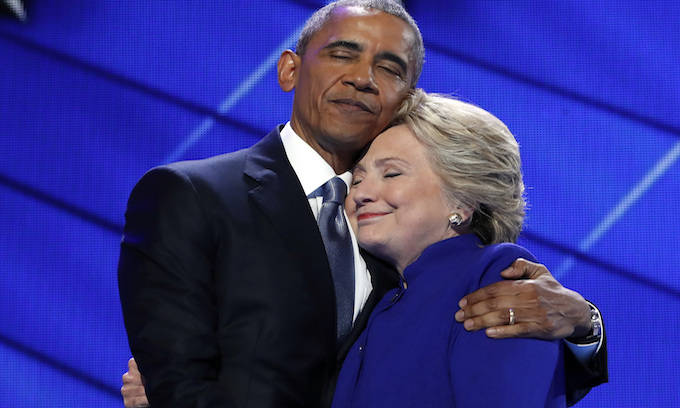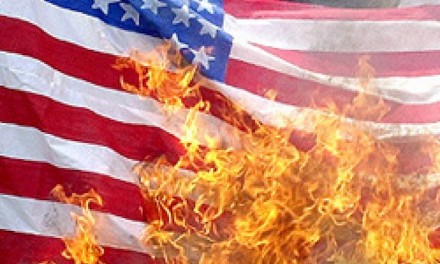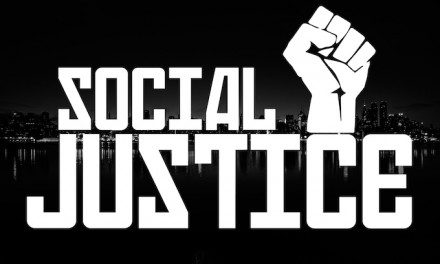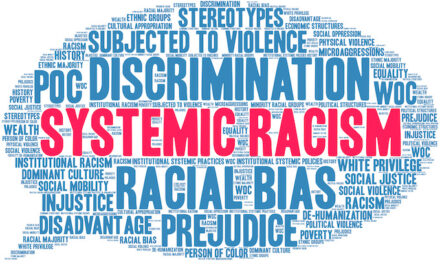Ever wonder how a president can pardon someone who hasn’t been charged or convicted of a crime? Yeah, me, too.
In the waning days of President Obama’s tenure in office, there have been numerous discussions as to whether he will pardon Hillary Clinton for any alleged crimes, particularly her e-mail escapades that were shown to be in violation of several national security statutes.
The fact Obama’s Department of Justice refused to indict her for these transgressions does not remove the possibility of a future prosecution by a Trump DOJ. Hillary isn’t off the hook yet.
It’s a known fact the Obamas and Clintons aren’t exactly BFFs. They only tolerate each other out of political expediency. Ever since Bill, in an effort to persuade Sen. Ted Kennedy to endorse Hillary instead of Obama for the Democratic Party presidential nomination in 2008, supposedly said, “You know, a few years ago, this guy would have been carrying our bags,” things have remained a little tense between the two families.
Bill also called Obama “incompetent” and “an amateur.” Actually, as we later witnessed, his appraisal wasn’t too far off the mark.
Still, history aside, President Obama has this month remaining to decide if he really wants to pardon Hillary. Considering his frequent procrastination in making decisions, this may not be enough time. Especially if it interferes with his busy golf schedule.
Another issue is: Why would he pardon her? What is to gain by possibly further tarnishing his already stained reputation by absolving a former senator and secretary of state of alleged misdeeds while in office? In his mind, he isn’t responsible for Hillary’s screw-ups; that’s entirely on her.
Two reasons: Hillary knows everything about every big shot in Democratic politics, particularly where all the dirty laundry is stored. Second, if Obama doesn’t pardon her and a Trump DOJ brings charges, the investigation could open a Pandora’s box of ugly intrigues and criminal activities. No right-thinking Democrat would want to risk such damaging disclosures, including President Obama.
Remember, he publicly confided he didn’t know anything about Hillary’s secret e-mail server, insisting he only learned about its existence through media press releases. Yet, substantiated e-mail leaks have revealed he was aware of the server and often communicated with Hillary over it. In essence, he, too, violated security protocols.
As a result, in the interest of avoiding an incriminating legal skirmish, it would simply be more convenient to pardon Hillary and lessen the risk of a future governmental crisis. Also, since Obama doesn’t need to offer an explanation of why he is pardoning Hillary, he could sign the decree in his final hour in office and quickly fly back to Chicago.
Apparently, these pardons are irrevocable. If Hillary is pardoned and Trump decides to go after her, he would have to do so on unrelated charges.
Obama, of course, isn’t the first president to grant controversial pardons. Every president since Washington has used his authority to do so. The first president pardoned participants in the so-called Whiskey Rebellion, an uprising by citizens in the early 1790s against a tax imposed on a domestic product by the newly formed federal government, quite possibly the original “sin tax.”
More recently, President Gerald Ford pardoned former President Richard Nixon for his involvement in the Watergate scandal. Ford’s controversial actions were believed to have cost him re-election and ushered in the disastrous Carter administration.
On his last day in office in 2001, President Bill Clinton pardoned numerous individuals, including Marc Rich (Reich), a wealthy international commodities trader, financier and businessman accused of tax evasion. Rich was indicted for owing tens of millions of dollars in income taxes. He stayed out of the United States to avoid trial.
Interestingly, Rich also contributed $1 million to the Democratic Party, $100,000 to Hillary’s U.S. Senate campaign and $450,000 to the Clinton Library Foundation. This was probably the beginning of the Clintons’ fondness for gathering large sums of money in the name of tax-exempt charities.
If President Obama pardons Hillary, it won’t be anything out of the ordinary. Actually, it would be in keeping with contemporary tradition.
Article II, Section 2, of the U.S. Constitution lists the multiple duties of the president, including his authority “to grant reprieves and pardons for offenses against the United States, except in cases of impeachment.”
I’ve wondered why presidential pardons could be issued without the individual first being charged or convicted. How is it possible to be pardoned of an alleged crime without a prior indictment and trial? Sounds like a “get out of jail free card,” which, basically, is what it is.
The secret is in the wording of the pardon clause. Nowhere is it mentioned that a person must have been tried and convicted of a crime, only that a person is suspected of “offenses against the United States.” In other words, it’s not necessary to have actually committed and been convicted of a criminal act, only that an offense may have occurred.
In certain situations, I can see the necessity of such a constitutional provision. Lincoln used it in a general pardon of Confederate troops in the Civil War. Obviously, it would have been nearly impossible to issue individual pardons or hold trials for everyone accused of rebelling against the Union.
Today, however, it appears the pardon clause has become a convenient tool for a president to release from responsibility any criminal action by a friend, associate or a friend of a friend. Also, a substantial monetary contribution to certain favored causes appears to help speed the process along.
© Copyright © 2016 Eastern Arizona Courier. All rights reserved.
—-
This content is published through a licensing agreement with Acquire Media using its NewsEdge technology.



















Recent Comments